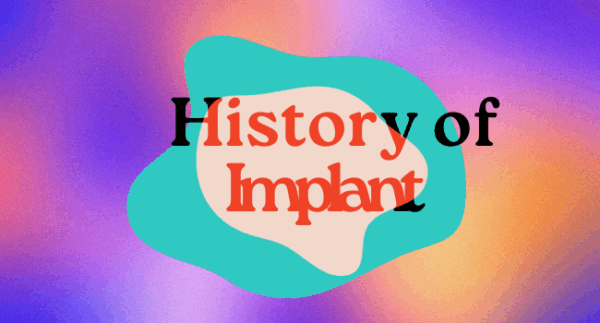Aug 14

Help Us Protect Access to Sexual and Reproductive Health Care Today!

Join us in celebrating the Network’s 15th anniversary and reflecting on how far we have come and what is ahead. This spring, we want to highlight the great strides the Reproductive Health Access Network has achieved. Today, the Network has over 7,000 clinician members across all 50 states, Washington D.C., Puerto Rico, and Canada. We have also invested heavily in local Network Clusters, bringing together clinicians within their states to better address local and state barriers to care, offer relevant clinical education, and engage in advocacy at the community and state levels.
For over 15 years, the Network has provided primary care clinicians with a community of colleagues, mentors, and clinical changemakers. In the wake of Dobbs, we continue to take the lead from the clinicians on the ground and meet their needs. We hope you will join us to celebrate “A Network Like No Other” this spring and support our goals for expansion.
To support our campaign and receive updates, click here.

Founded and led by the Black Mamas Matter Alliance (BMMA), Black Maternal Health Week (BMHW) is an annual, week-long campaign from April 11-17th that brings awareness to Black birthing people’s lived experiences and the efforts to improve Black maternal and reproductive health in the US. BMHW occurs during National Minority Health Month and kicks off on the International Day for Maternal Health and Rights on April 11th. This year’s BMHW theme, “Our Bodies Belong to Us: Restoring Black Autonomy and Joy,” uplifts the human right to bodily autonomy and the never ending pursuit of liberation and joy despite ongoing attacks against such.
BMMA is a national network of Black women-led organizations and professionals working to ensure that all Black birthing people have the rights, respect, and resources to thrive before, during, and after pregnancy. Their work is grounded in human rights, reproductive justice, and birth justice frameworks and uplifts Black-led models of holistic maternal and reproductive healthcare models, such as Black midwifery care and full spectrum doula services. Reproductive oppression against Black people is rooted in the history of this country, so BMMA upholds that the voices, perspectives, wants, needs, and lived experiences of Black women and birthing people must be centered to advance reproductive liberation and care for all. Black Maternal Health Week is a space to acknowledge and learn from reproductive histories, engage in current movements and conversations, and envision and fight for Black futures!
Feel free to visit here to learn more about Black Maternal Health Week 2023.

April 23-29, 2023 is National Infertility Awareness Week to raise awareness about the challenges people who want to get pregnant face. While infertility can affect anyone, Black, Indigenous, people of color, those working to make ends meet, LGBTQ folks, and other communities historically marginalized by the medical system experience significant inequities in access to services to support having families, including infertility evaluation, treatment, and care. A history and legacy of stratified reproduction has permeated all aspects of medical and policy institutions, placing differential value and harmful stereotypes on the fertility and reproduction of these communities. All people have the human right to have children, to not have children, to parent the children they have in safe, sustainable communities, and to exercise their bodily autonomy. To begin dismantling these harmful systems in medicine and advance reproductive justice, primary care settings play an important role in talking to all people about their reproductive health service needs, including infertility.

Your gift allows us to train and support health care providers across the United States so they can offer patients compassionate and comprehensive care.
Aug 14
